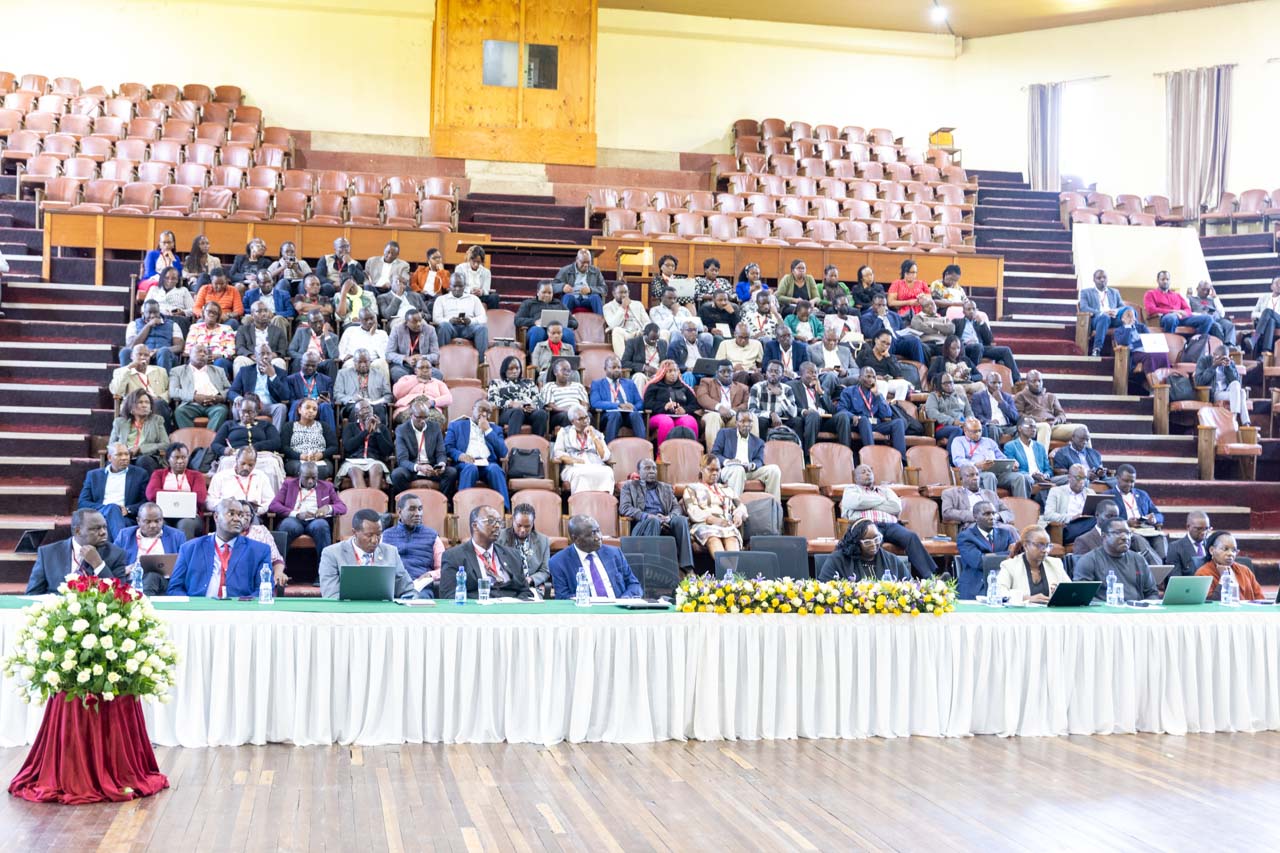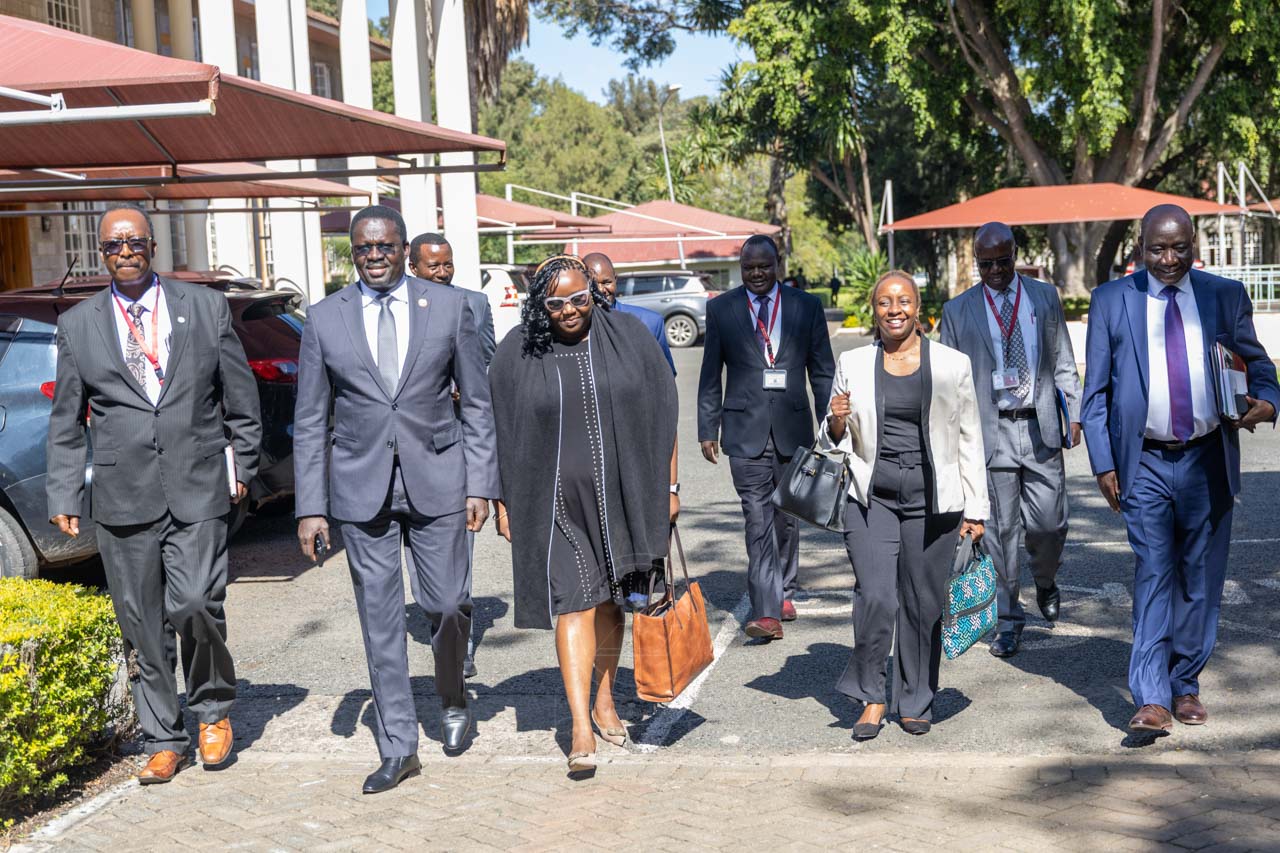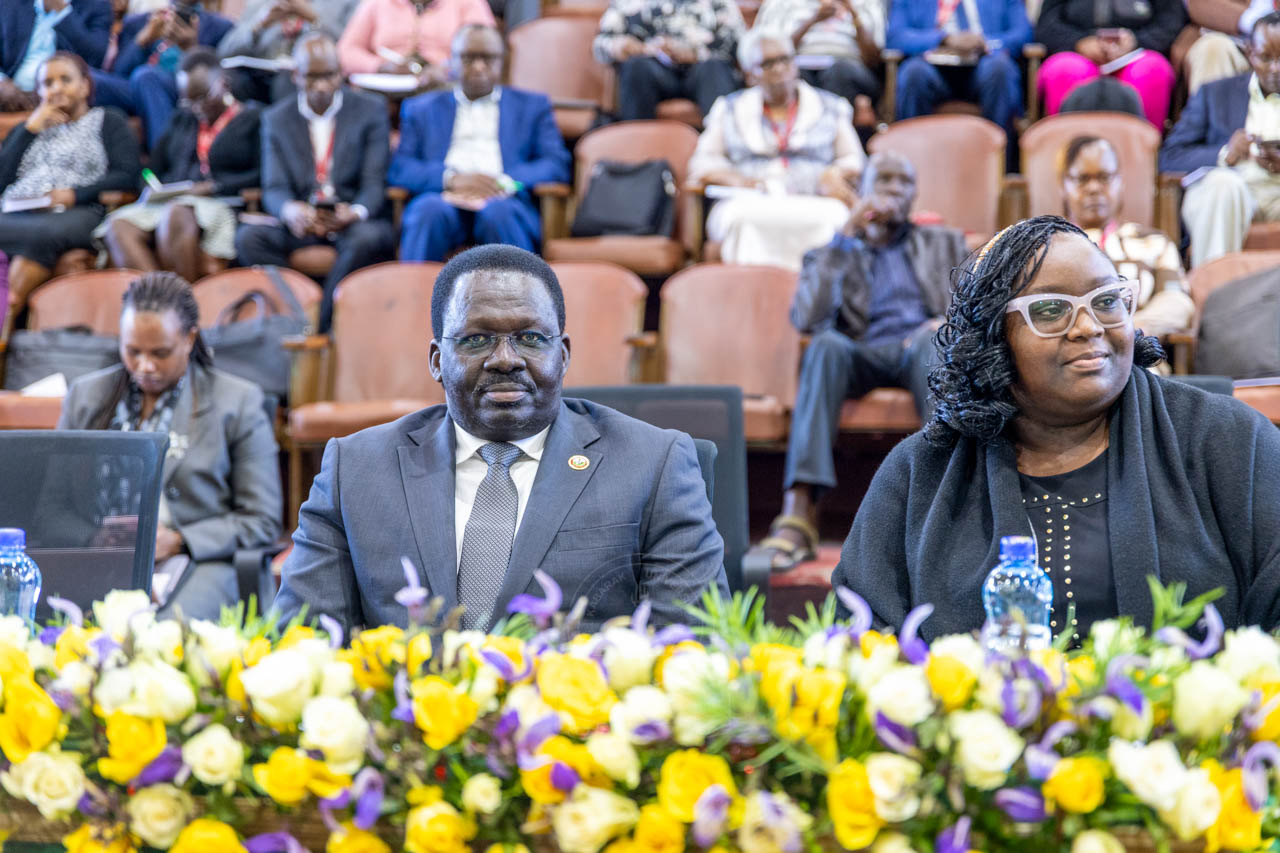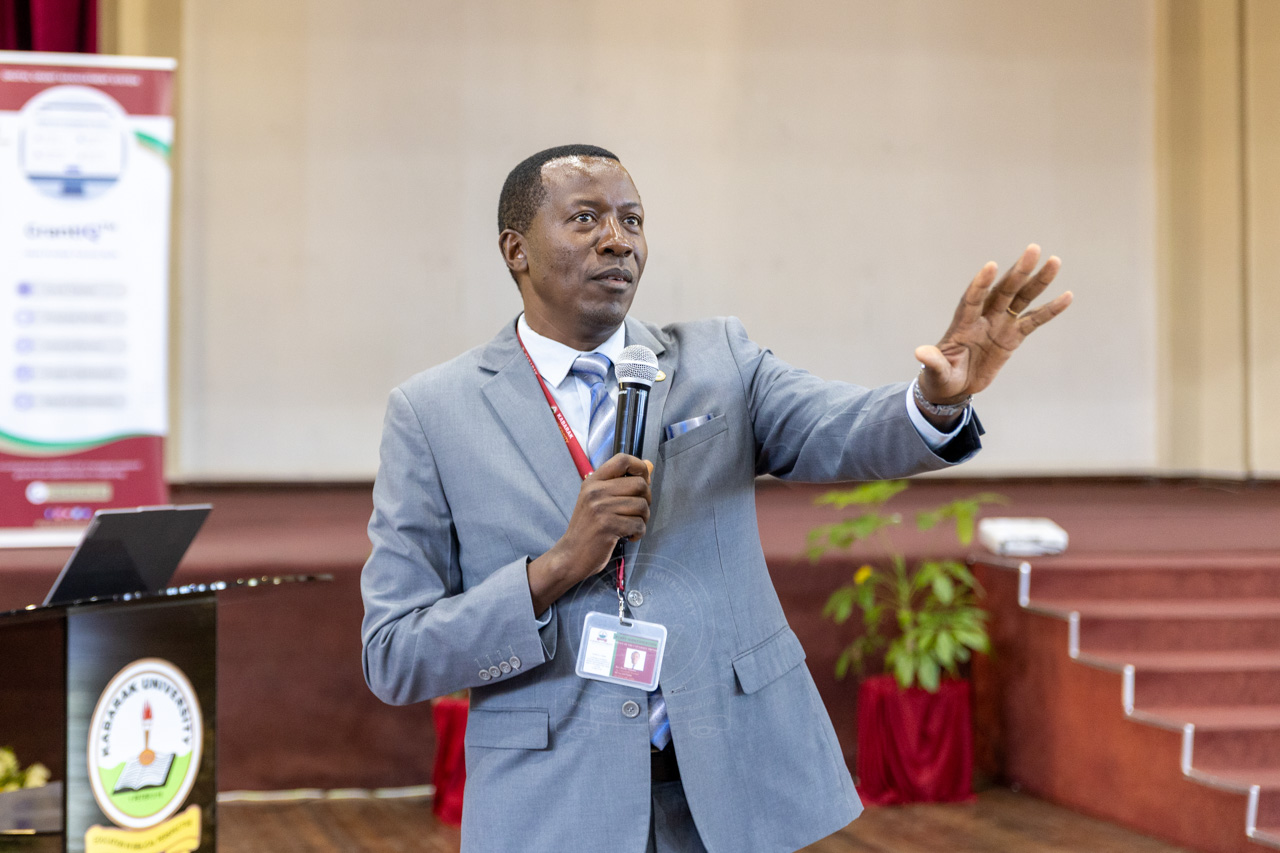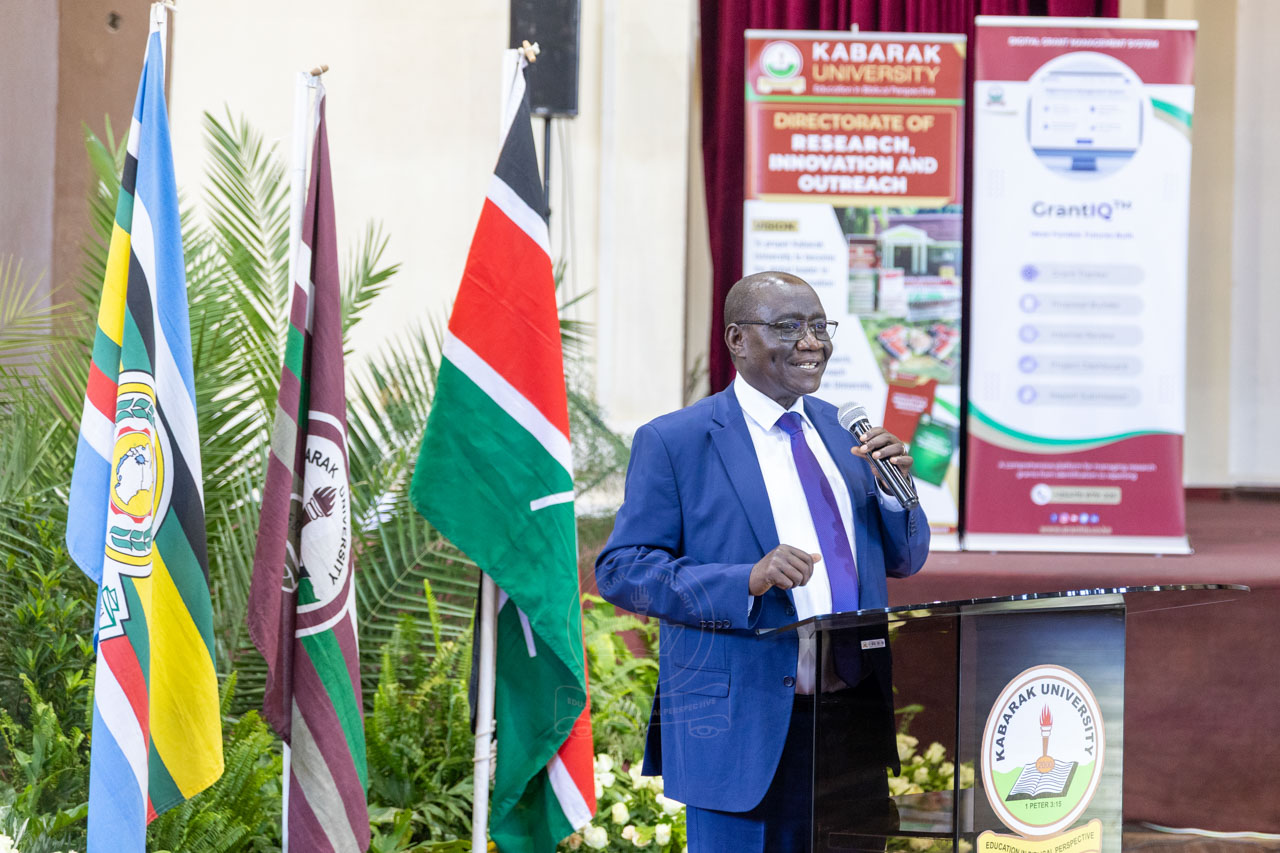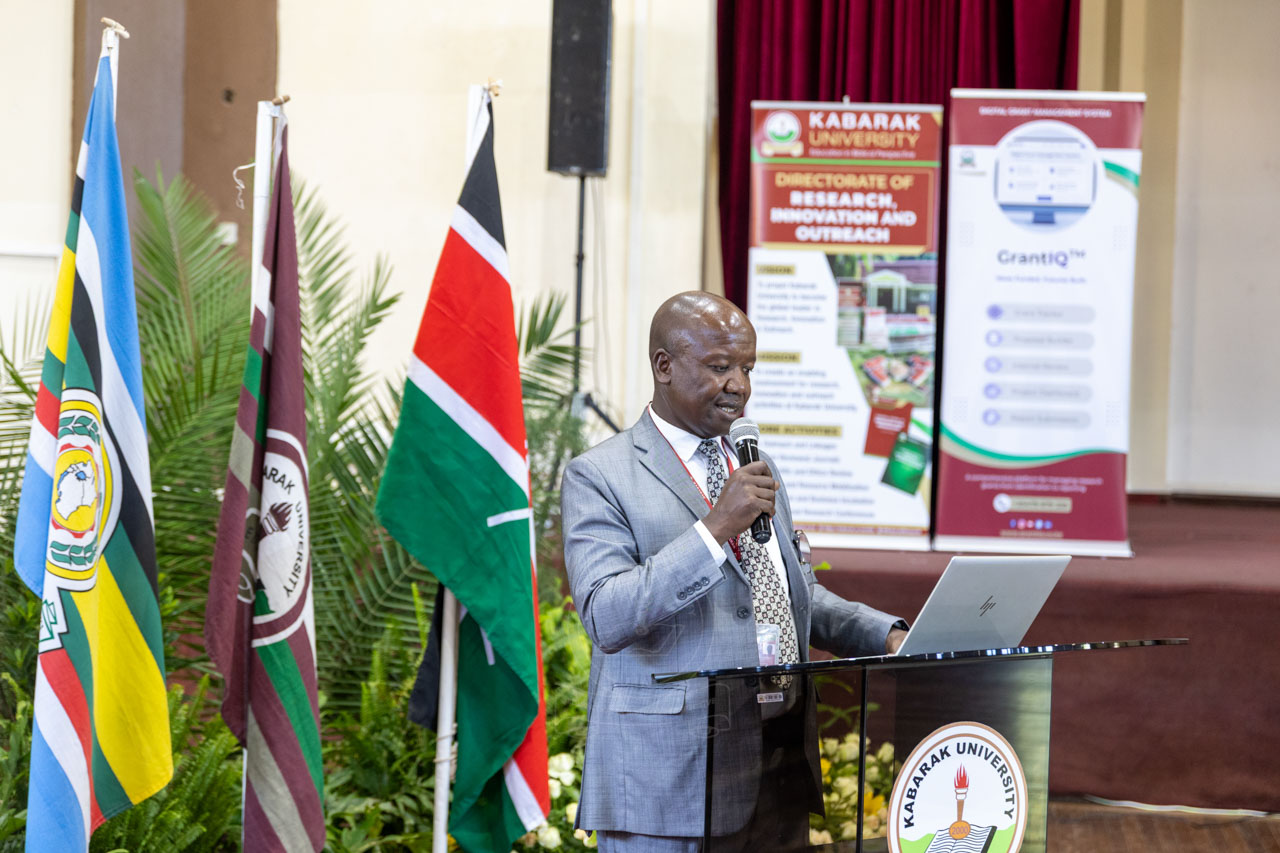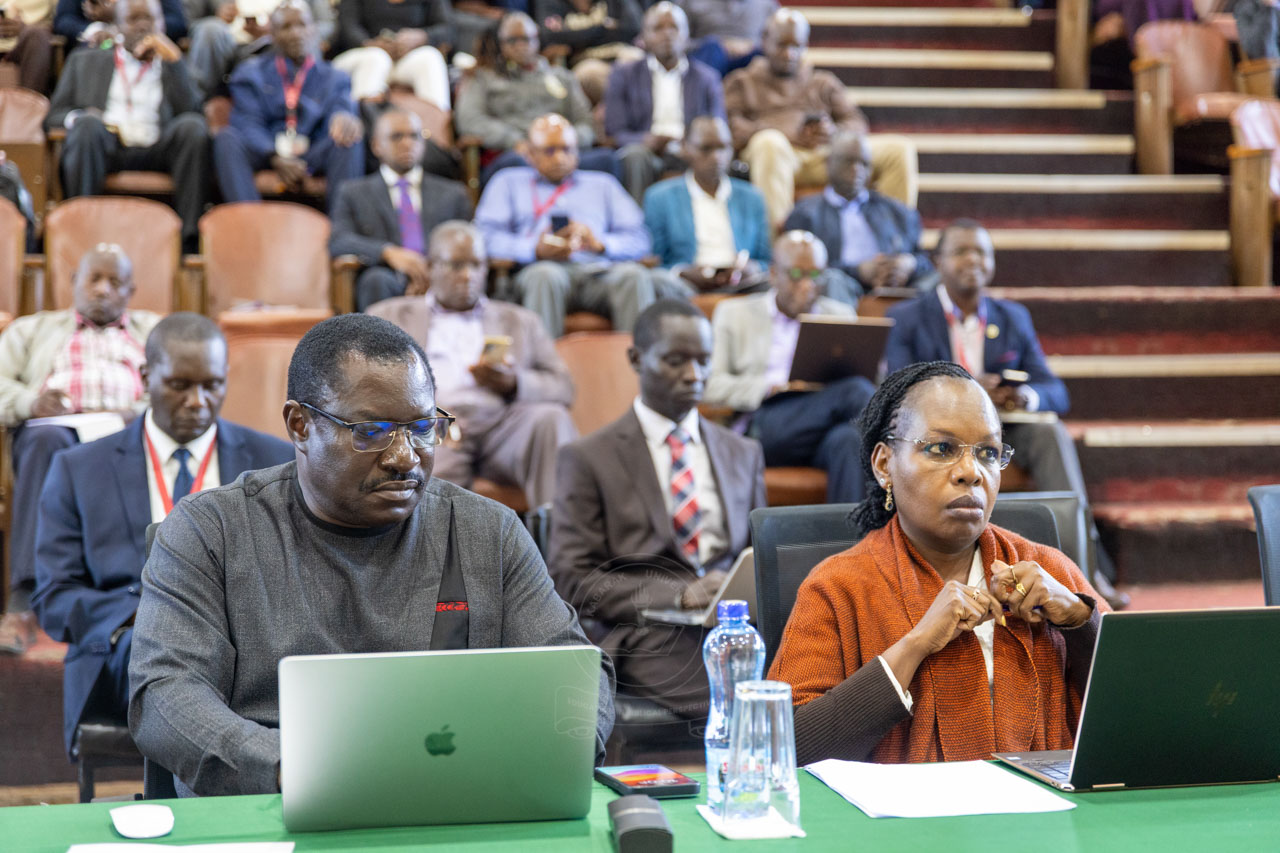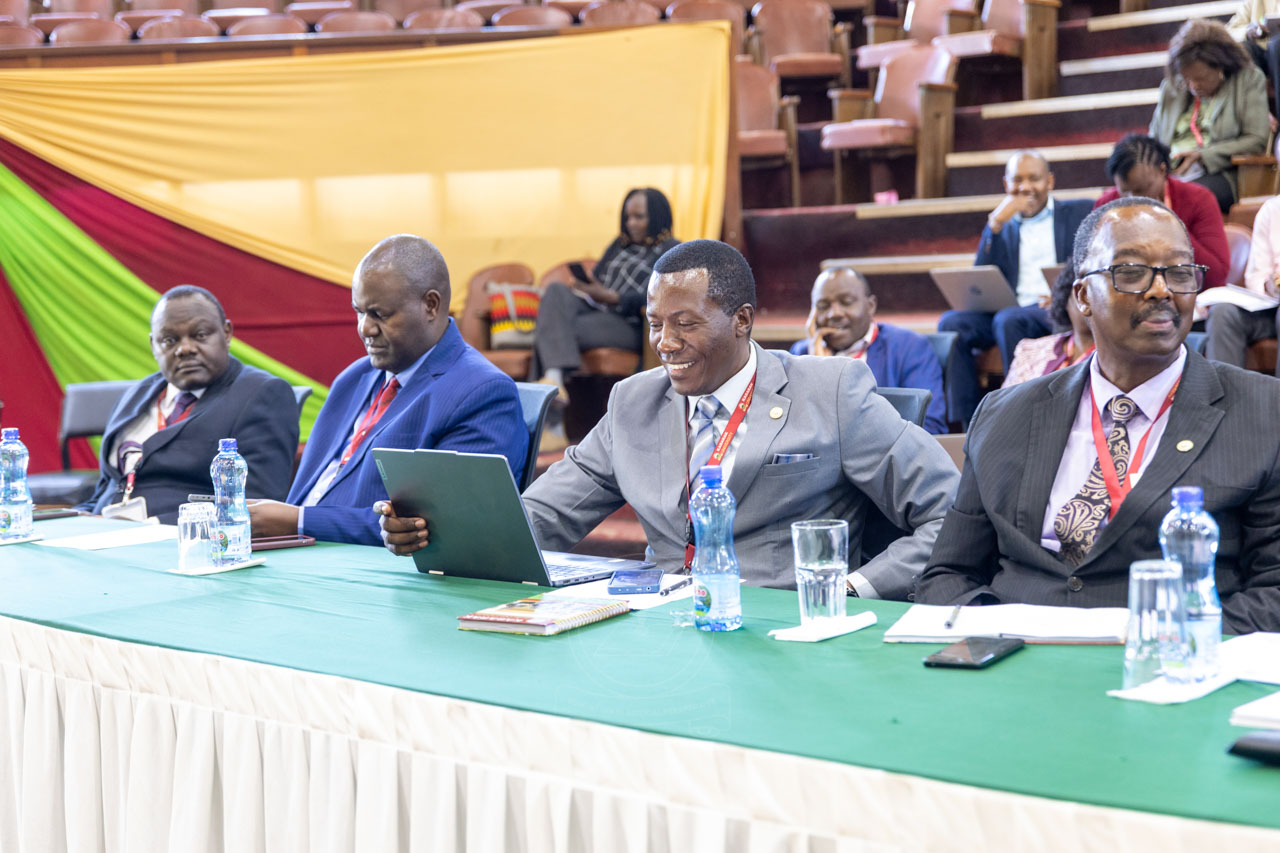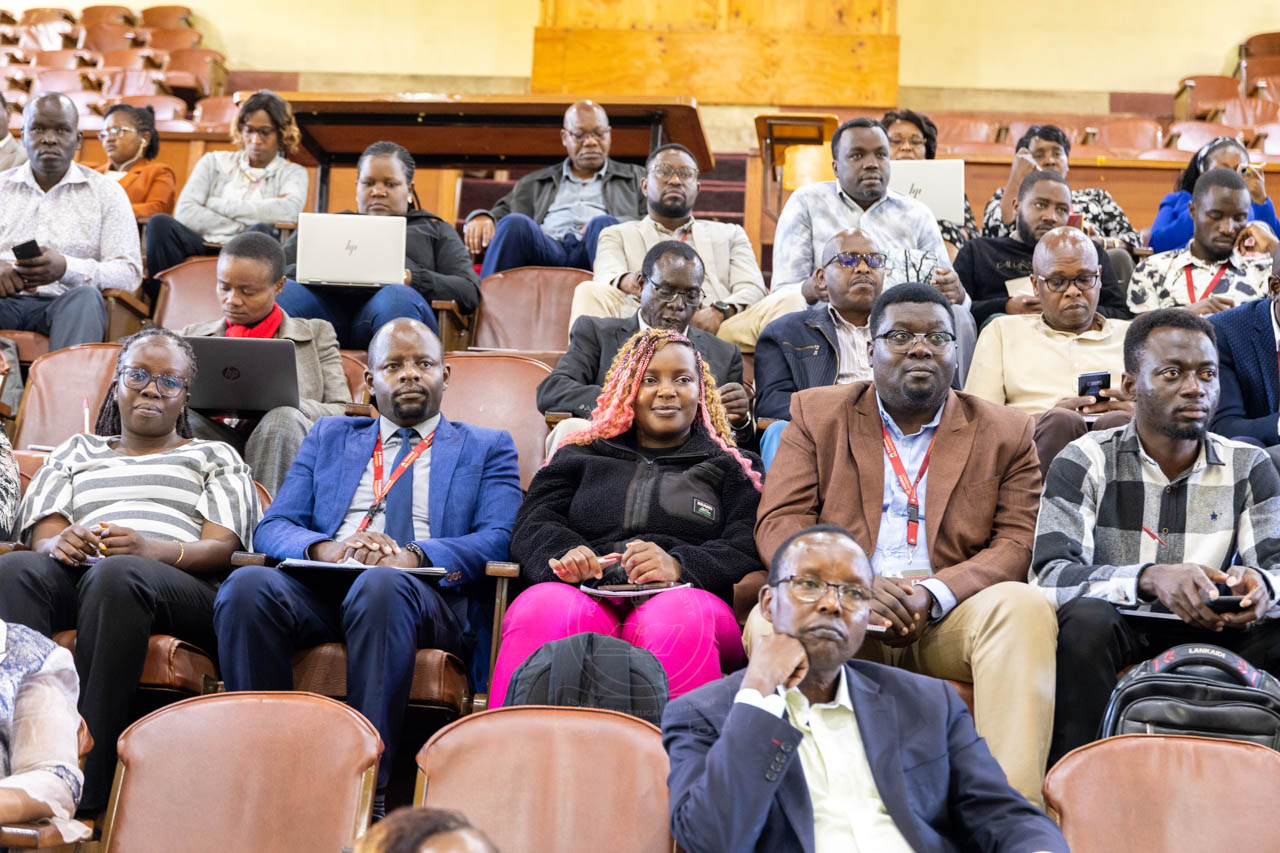A crucial Teaching and Research Training session was successfully launched today at the Bethel Auditorium, marking a strategic milestone in empowering Kabarak University s academic staff to drive research from the lab to the marketplace.
The session, officially inaugurated by the Vice-Chancellor, Professor Henry K. Kiplangat, aims to embed innovation and commercialization into the very fabric of teaching and research at the University.
In his remarks, Professor Kiplangat highlighted that the University is placing greater emphasis on bridging the gap between research and the market, noting that research must not only generate knowledge but also produce tangible solutions and economic opportunities for our communities. His address underscored the University s ongoing transformation into a catalyst for economic and social progress.
The training brought together insights from experienced partners and facilitators from Kenya s innovation ecosystem. Mrs. Phylis Mbiyu from Victoria Ventures delivered an engaging session on strategic planning for impactful research emphasizing how scholarly work can lead to measurable societal and market outcomes. Mrs. Yvonne Njeri from the Kenya National Innovation Agency (KeNIA) led an interactive discussion reinforcing the national vision for innovation and collaboration. In addition, Mr. Denis Maloya from Metier Matrix conducted a focused session on entrepreneurship for researchers, equipping participants with the mindset and practical tools to transform their intellectual property into viable business ventures.
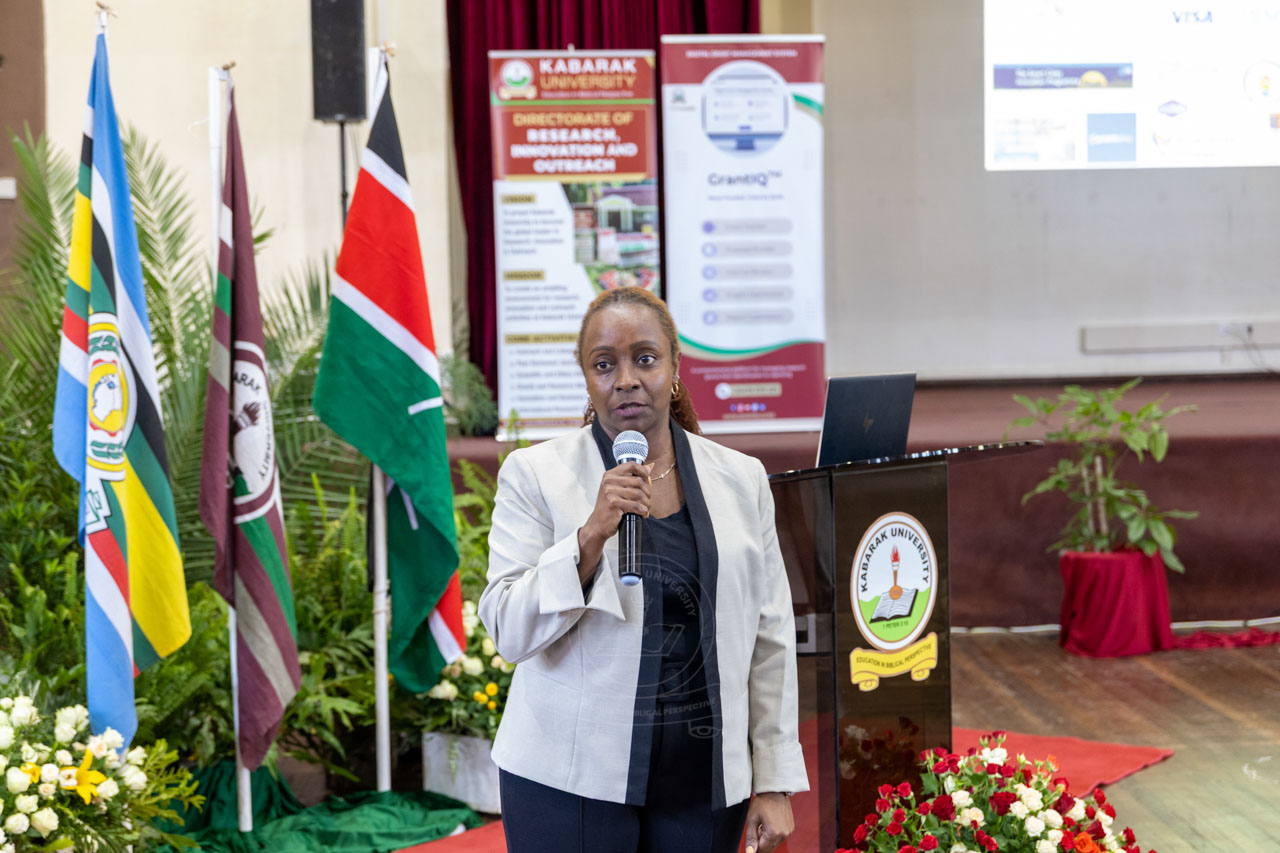 |
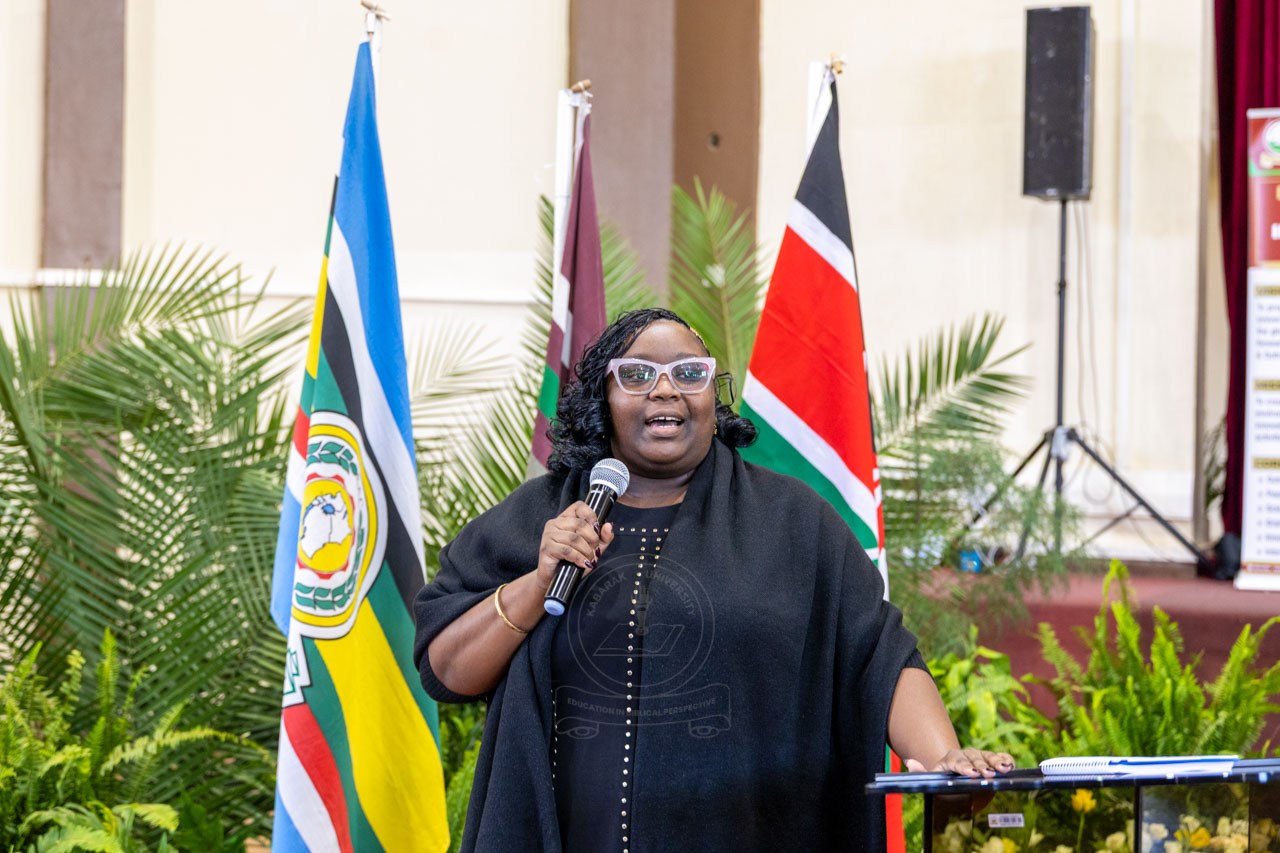 |
Through these expert-led sessions, academic staff gained practical knowledge on fostering innovation and translating research ideas into market-ready products and services. This approach empowers researchers to move beyond theory, attract funding, and develop sustainable enterprises strengthening the University s contribution to national development goals.
The successful launch of this program is expected to have a lasting impact across the entire Kabarak University community and beyond. It will enhance the quality and relevance of research output, spur innovation-driven ventures, and attract external partnerships and funding. Ultimately, this initiative positions Kabarak University as a leading institution in translational research, innovation, and knowledge commercialization driving meaningful change in academia, industry, and society at large.
